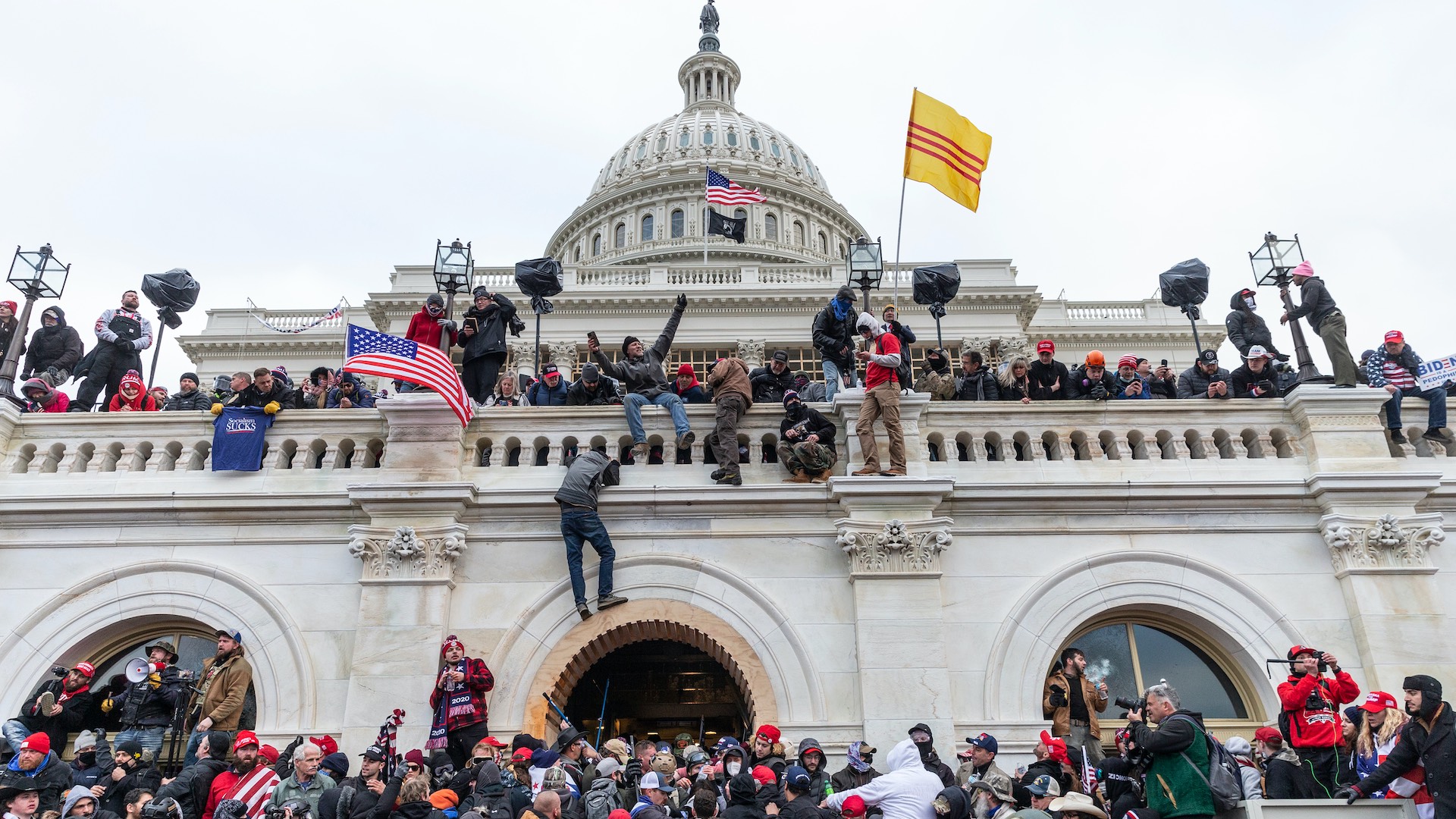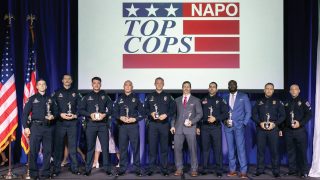
Senators pressed law enforcement agencies in charge during the January 6 Capitol riots for answers, but were left with little insight, according to a Time Magazine report.
A joint hearing was held on January 23 by the Senate Committee on Rules and Administration, Homeland Security, and Government Affairs to address failures from law enforcement to deal with the January 6 events that left several dead and many injured.
Senators looked to key decision makers that day for understanding, bringing in the leaders of the relevant law enforcement agencies as witnesses to offer testimonies. These included former U.S. Capitol Police Chief Steven Sund, former House and Senate sergeants at arms Paul Irving and Michael Stenger, and the acting Chief of DC Metropolitan Police Robert Contee.
The questions revolved mainly around the issue of intelligence, and whether they could have prevented the unrest had they had more information and time to prepare.
Sund told lawmakers, “Based on the intelligence that we received, we planned for an increased level of violence at the Capitol, and that some participants may be armed. But none of the intelligence we received predicted what actually occurred. I acknowledge that under the pressure of an unprecedented attack, a number of systems broke down.”
Sund tried to shift the responsibility away from the U.S. Capitol Police towards U.S. intelligence agencies like the FBI or NSA, calling his department a “consumer” of intelligence and relying on information from other agencies to be able to make adequate preparations.
He continued, “There’s significant evidence coming out that the insurrection that occurred on the 6th was planned, coordinated well in advance. It’s that detection that I think would have been key to put the effective security in place for this event.”
Sund, Stenger, and Irving all confirmed that they had not seen the report issued by the FBI detailing online threats calling for “war” at the capitol and indicating a high probability of violence until a day before the protests. Apparently, the rally had been planned for months as part of the “Stop the Steal” campaign, but law enforcement was left with too little time to adequately prepare for the threat.
Furthermore, there were blatant discrepancies between Sund and Irving’s testimonies. Sund told senators that he had called Irving for backup just past 1 p.m., but Irving declared that his phone records show that no call was placed at that time, leaving many questions regarding the quality of communication between agencies. Contee, meanwhile, was surprised that the National Guard had not been deployed sooner.
Despite these problems, all three witnesses maintained that they prepared the best they could under the circumstances, but acknowledged that they were still at fault. Irving said, “Based on the intelligence, we all believed that the plan met the threat and that we were prepared. We now know that we had the wrong plan. As one of the senior security leaders responsible for the event, I am accountable for that. I accept that responsibility, and as you know, I have resigned my position.”
The consensus between law enforcement agencies is that there was a communication failure. Sund told the committee that he believes that the intelligence community needs to “broaden” the type of information it collects and share that with agencies.
House Speaker Nancy Pelosi has announced plans for further investigation of the event through a 9/11-style commission to address security and response issues. More hearings are also in the pipeline, including one that will come next week between the FBI, Homeland Security, and the Department of Defense.





